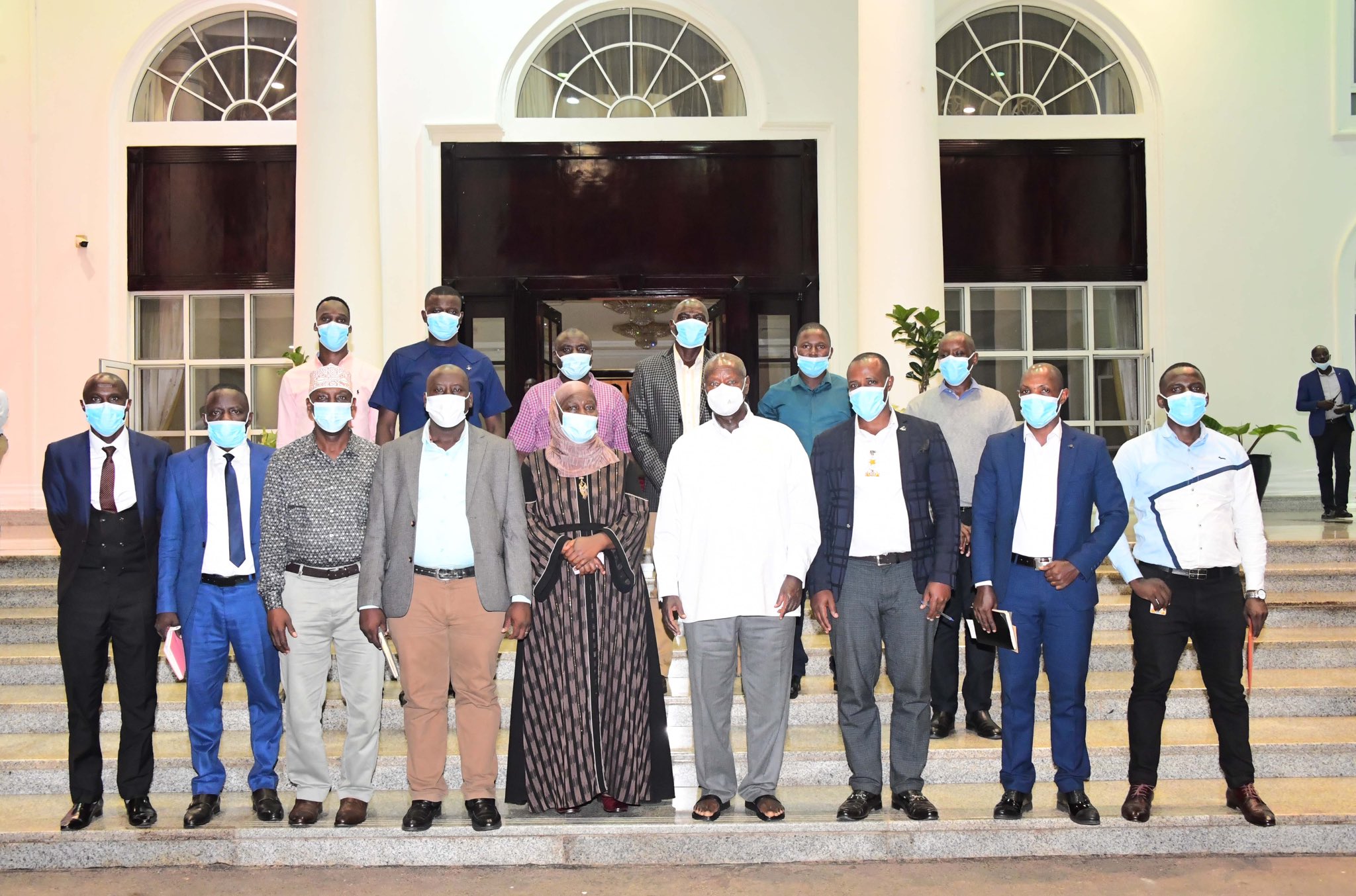In a significant and strategic meeting, leaders of the Kampala traders engaged with President Museveni the who doubles as the chairman National Resistance Movement (NRM) to delve into the fifth point of the NRM’s ten-point program: the creation of an independent, integrated, and self-sustaining economy. This principle has been a foundational aspect of the NRM’s mission since its inception during the student movements of the 1960s.
President Museveni underscored the historical importance of this principle, detailing how it has shaped their policies and initiatives over the decades. The focus of the discussion was on reducing the reliance on imports, particularly within the textile industry, and fostering local manufacturing. This approach aims to not only preserve foreign exchange but also to stimulate job creation and economic growth within Uganda.
The current strategy of the NRM emphasizes bolstering local manufacturing capabilities. This is seen as essential in halting the economic “hemorrhage” caused by excessive importation. The representatives argued that the conversation should not just be about reducing imports but should pivot towards ending the dependence on them altogether. This can be achieved by investing in and supporting local manufacturing and value addition industries.
During the meeting, it was highlighted that the textile industry, in particular, holds significant potential for growth and self-sufficiency. By developing local manufacturing capacities, Uganda can produce high-quality textiles for both domestic use and export, thereby enhancing the country’s economic resilience and independence.
A crucial part of the discussion was the call for unity among the traders. President Museveni stressed that for the traders to receive the necessary support and effectively transition from import dependence to local manufacturing, they need to unite under a single organizational framework. This unity would not only facilitate better communication and coordination but also strengthen their bargaining power when seeking government support and incentives.
The traders were advised to intensify their collaboration and form a more cohesive group. By doing so, they can create a more formidable and influential body that can engage in meaningful dialogue with larger groups and stakeholders. This internal consolidation is seen as a vital step towards achieving the larger goal of economic independence.
President Museveni assured the traders that the government is committed to providing the necessary support to foster this transition. This includes potential financial incentives, technical assistance, and the creation of a conducive policy environment that encourages local manufacturing and value addition.
The meeting concluded with a renewed sense of purpose and commitment from both the government and the traders. The traders expressed their willingness to work together and take the necessary steps towards reducing import dependence. They acknowledged the importance of this initiative not only for their businesses but also for the broader economic health of the nation.
In the coming months, further meetings are planned to solidify these collaborations and to develop actionable plans that will see the vision of an independent, integrated, and self-sustaining economy come to fruition. The NRM’s dedication to this cause remains steadfast, as they continue to preach the principles that have guided their movement for decades.
This engagement between the President and Kampala’s traders marks a significant step towards realizing a self-reliant economic framework for Uganda, rooted in local manufacturing and enhanced by value addition. It is a testament to the enduring relevance of the NRM’s founding principles and their applicability in today’s economic landscape.





